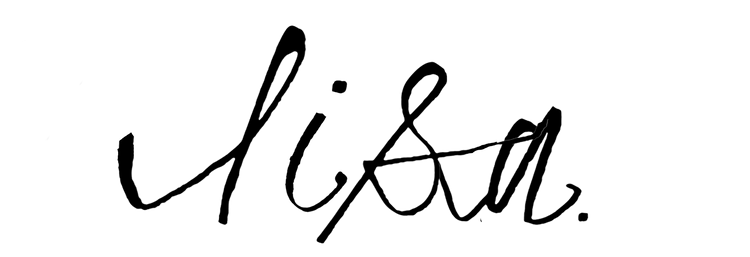I think about grief a lot. I’ve experienced my own personal bouts of deep and life altering grief and have counseled many patients and businesses through grief stricken events and circumstances. The more I experience grief personally and learn about it through my work, I think that maybe grief has everything to do with why we are here. Breathing, living, and of course loving. Grief is not a new topic of discussion in the field of psychology and there are many different theories as to how our bodies process grief, what happens when we experience grief, and when grief combines with trauma and vice versa. It’s big and like most big things, many of us are guilty of running in the opposite direction. But I’ve lived long enough and worked with enough people to see that everything catches up with us. No matter how good of a runner we think we are.
Grief is no exception, and grief specifically, does not differentiate. It is an opportunist. There seems to be such a great tide of grief in this country and around the world, as we speak. Psychoanalysts who focus on the study of Freud have been flush with analysis and ideas regarding the similarities in world events when 100 years earlier in 1917, Freud wrote his original and groundbreaking paper, Mourning and Melancholia. It was written during the Great War and a year before an Influenza pandemic that would go on to kill approximately 70 million people worldwide, including Freud’s own daughter Sophie. The events of those years, as we find ourselves in now, led Freud to be consumed with not only the here and now of grief and loss, but the psychological legacies of those traumas as well. When we look to the teachings of Mourning and Melancholia today, we can reflect on Freud’s conclusions that grief and loss precipitate great change and whether we like it or not, we need it, the pain, clouded thinking, slowing down, and letting go and moving on that it brings. Pain is a great catalyst for change and growth. As Freud knew, we simply would not be motivated to separate from our mother or primary caregiver without the grief and loss of our needs not always being met and the realization that we are separate beings and misunderstandings will abound. Ooof. That’s like our first battle with grief and it’s a big one. But it also makes us who we are. I think today Freud would say that there is great potential in our collective suffering. As much as it hurts there is a possibility that only exists and a very special one that exists when the world, the entire world, every single living thing, is faced with not only grief, but grief of the same source of origin. We are faced with that same initial dilemma of understanding that our drive for survival confronts us with the conflict between our helplessness and our dependence on others for solutions and survival. And, as we are experiencing, we don’t all share the same interpretations of helplessness or solutions.
When I was pulling information together for our discussion, I kept coming back to a very basic thought. And it is one of conflict and running away from. Why some of us are able to make use of the grief and others just have to run. There is a lot that can be said on that, probably like 500 hours worth, but for today I wanted to keep it really simple and wide focus. I’ve discussed with other guests, and I’m mainly thinking of my conversation with Linda Fahey about ANGER, where we lamented on how few words the English language has for Anger. It’s a small narrow window that we have to fit a complex and compounded cluster of emotions, all into one dumpster fire of a word. I was curious if the same was true for grief. Did the Puritans among all their other atrocities leave us with a horribly narrow corridor to name our feelings? Maybe, it certainly seems to be the case with anger. I looked up grief in the dictionary and laughed, seriously like cackled and snorted when I read the first two definitions. I think I found my answers here. Here we go:
GRIEF
Noun:
deep sorrow, especially that caused by someone’s death. Similar: sadness, sorrow, misery.
INFORMAL
Trouble or annoyance. “We were too tired to cause any grief.”
And right here before us we see the conflict. Sorrow, and trouble or annoyance. It hurts, it’s an annoyance. A reason to turn toward or always from. It’s good or bad trouble depending upon how you frame it. As Charles Schultz through the words of Charlie Brown so eloquently put it, “good grief.”
Wow. And Ouch.
For more on GRIEF listen to JOY IS NOW Episode 18 with Elena Fong

Leave a comment